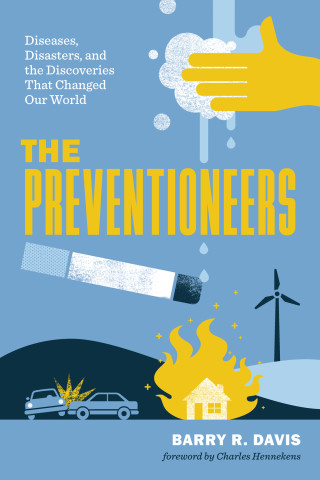
Reviews
The volume fills a previously vacant niche for scholars, students, policymakers, and clinicians with regard to the health of American Indians and Alaska Natives. American Indian Health deserves a place on the shelf of anyone with a serious interest in this field, as it stands alone as a single-volume reference about health and health care of American Indians and Alaska Natives.
This book tells one of the great untold tales of health care in the United States: the campaign to improve the health of American Indians and Alaskan Natives. The true richness of this book lies in the beginning and the end. Its opening chapters start with a fascinating look at the origins of aboriginal populations of North America and their health conditions before Columbus. Then, the authors take us to an insightful historical and contemporary view of Indian-white relations and the history and organization of the Indian health care systems. The ending of the book covers such essential topics as traditional Indian medicine, cultural considerations in providing care to this population, conducting research among American Indians/Alaskan Natives, and the future of Indian health care in the United States.
American Indian Health is a detailed, authoritative, and well-written volume that will be of great value to all those interested in American Indian/Native American health and public health in general.
Well written and authoritative, and, in many parts, energetic and spirited. It provides excellent insights into the political and administrative arena of Indian health, as well as a review of some of the most important disease entities. In addition, it does so from a native perspective, blending in and emphasizing the cultural aspects of illness with the medical perspectives of those illnesses.
This text is a good reference as well as a good introduction for the newcomer to Indian health.
This very needed book gives an overview of the history and current state of American Indian health with an emphasis on the role of the Indian Health Service. The book is important reading for scholars and students of public health and Indian policy, and it offers valuable insights to those working in public health programs in the developing world. It is also a very useful text for courses in public health, sociology, and epidemiology.





